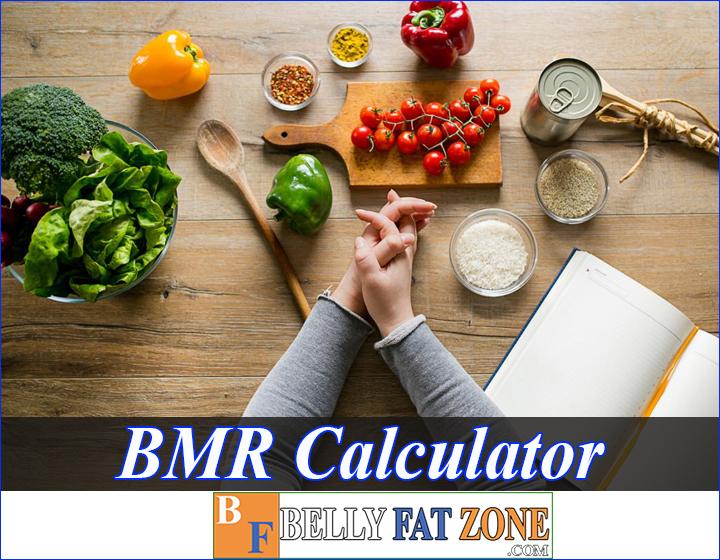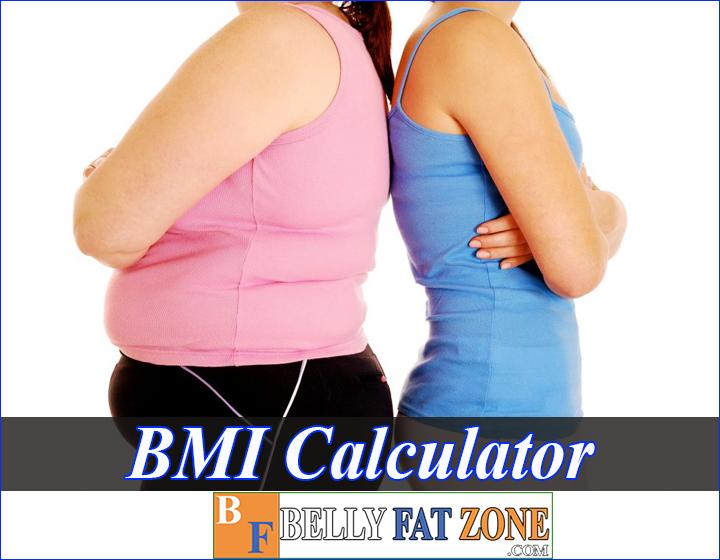* where the calculator states “calories” it is actually “kCal”, or kilocalories. Common usage, however, shortened “kilocalories” to “calories” so we are adhering to that convention.
** this is a rough guideline. We recomend you use our calorie calculator for weight loss for a much more precise estimate.
Optimal calorie intake
Estimating your optimal daily calorie intake requires the estimation of your total daily energy expenditure (TDEE) which measures how much energy (in kCal, kilocalories) you expend during a typical day. Our calorie calculator will help you easily estimate how many calories you need a day, as well as how much you need to eat in order to reduce your caloric intake and lose weight. Of course, these are estimates based on population averages so consulting your physician or nutritionist is always recommended before making changes to your diet or exercise routine.
However, understanding your calorie needs and what they depend on is a great first step, and our calorie intake calculator is here to help. There are three main things that affect how much calories you need:
- physical activity (exercise and normal daily activities)
- dietary-induced thermogenesis (burning energy to process food)
- the climate you spend your day in
Of the three, physical activity accounts for between 15 – 30% of TDEE [1] and has a great overall impact. More physical exercise means burning through more energy, while less exercise reduces your calorie needs. Hot and cold climate both increase the energy requirements of your body. For women pregnancy is a factor as it increases the cost of physical activities and the required amounts of energy to maintain weight, as result.
The thermic effect of food also plays a part, but it is more or less constant, assuming you do not change your diet significantly. This is the amount of energy you use to process the food, and is usually between 10 and 35% of the calorie value of the meal.
Daily calorie needs vary by body size and body composition. Women, in general, tend to have a higher percentage of body fat and leaner muscles, which results in lower caloric needs relative to an otherwise equivalent male (weight, height, age). Studies have repeatedly shown that women require less food to sustain their weight.
Finally, age also plays a role, with older persons expending relatively less energy. You can check that by entering a different age in our tool.
In our calorie calculator we use body mass, stature, gender, and age to estimate your resting energy needs (BMR), which we then multiply by an estimate based on your specified level of exercise. This allows us to arrive at a fairly accurate estimate of your daily calorie needs [1].
How many calories do I need a day?
Our software shows your calorie needs per day in kCal per day (or Calories per day, as it is often called in common language), which is the amount of calories you require if you want to preserve maintain your weight. If you want to lose weight or gain weight, we present you with estimates of the caloric intake needed to achieve a certain weight loss goal (or weight gain goal). It is based on the assumption that you will maintain your specified intensity of physical activity and that our estimate of its energy impact is approximately correct. Since these estimates are based on population averages, it is always a good idea to closely observe your weight and make adjustments as necessary.
General recommendations by Katch et al. suggest subtracting 500 kCal per day if your calorie requirement is estimated at below 3000 kCal, or subtracting 1000 kCal from your daily meals if it is higher.
Of course, both of these recommendations and the results from the calculator should be thought of as general guidelines only. You should always consult with a medical practitioner or a nutritionist, before going on a diet or making a significant change to your exercise routine.
Weight loss by calorie counting
Asking the question “how many calories should I eat a day?” is a good start, as many people tend to have unrealistic expectations and often eat too much, resulting in unwanted weight gains. Once you know your recommended calorie intake and an estimate on how much calories to eat to lose weight, the next step is to control your caloric intake. This is often done by so-called calorie counting – estimating the amount of energy in your meals and adjusting your portions accordingly.

Here is a short table you can use for a rough judgement of the amount of calories in a meal, depending on it's predominant nutrient type.
| Nutrient type | Energy content | Calories per 100 grams |
|---|---|---|
| Fats | 9 kcal per gram | 900 kcal |
| Ethanol (drinking alcohol) | 7 kcal per gram | 700 kcal |
| Proteins | 4 kcal per gram | 400 kcal |
| Carbohydrates | 4 kcal per gram | 400 kcal |
| Fiber | 2 kcal per gram | 200 kcal |
Counting calories is good for losing weight, but is not by itself a recipe for healthy life. In order to have balanced diet rich in essential nutrients while staying below a certain calorie count, you can use a macro calculator to come up with a good mix of proteins, carbs and fats for your daily meals. Do not forget that a decent amount of exercise can go a long way in reaching a healthy weight.
References
[1] Katch V.L., McArdle W.D., Katch F.I (2011) “Essentials of Exercise Physiology”, fourth edition [2] Prakash S. et al. (2001) “Human energy requirements”, report of a joint FAO/WHO/UNU expert consultation, part of the Food And Nutrition technical report series
Georgiev G.Z., “Calorie Calculator”, [online] Available at: https://www.gigacalculator.com/calculators/calorie-calculator.php URL [Accessed Date: 27 May, 2022].





